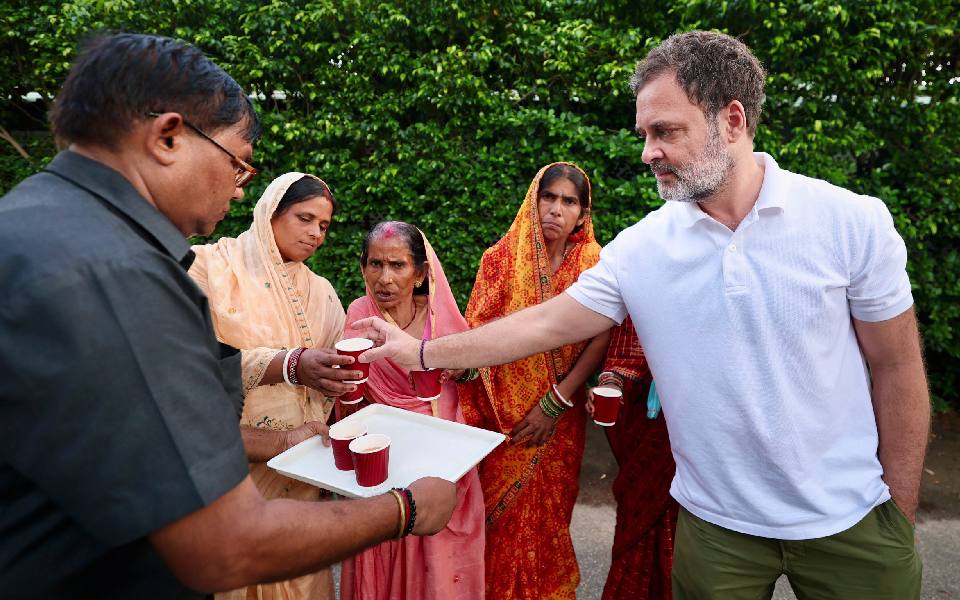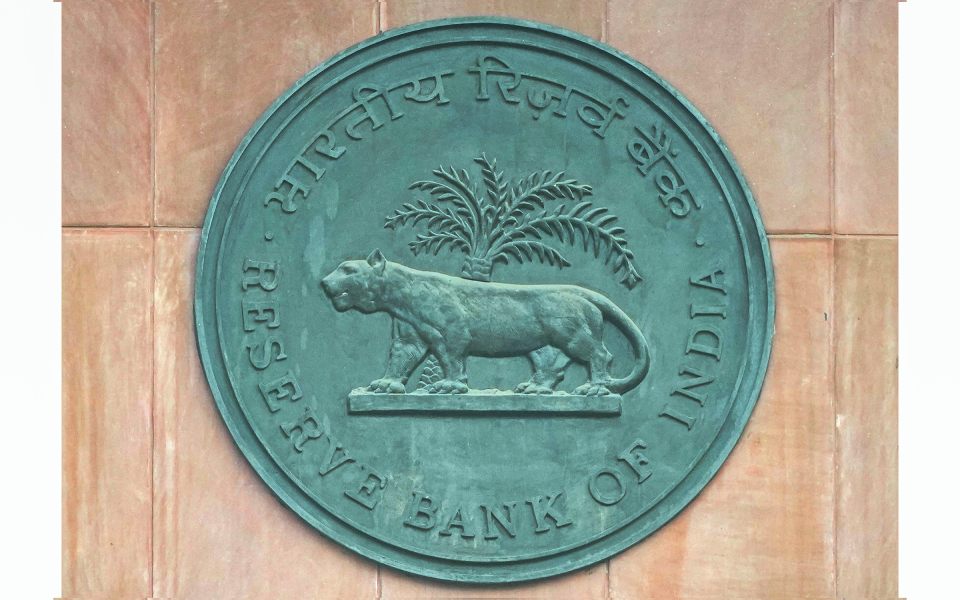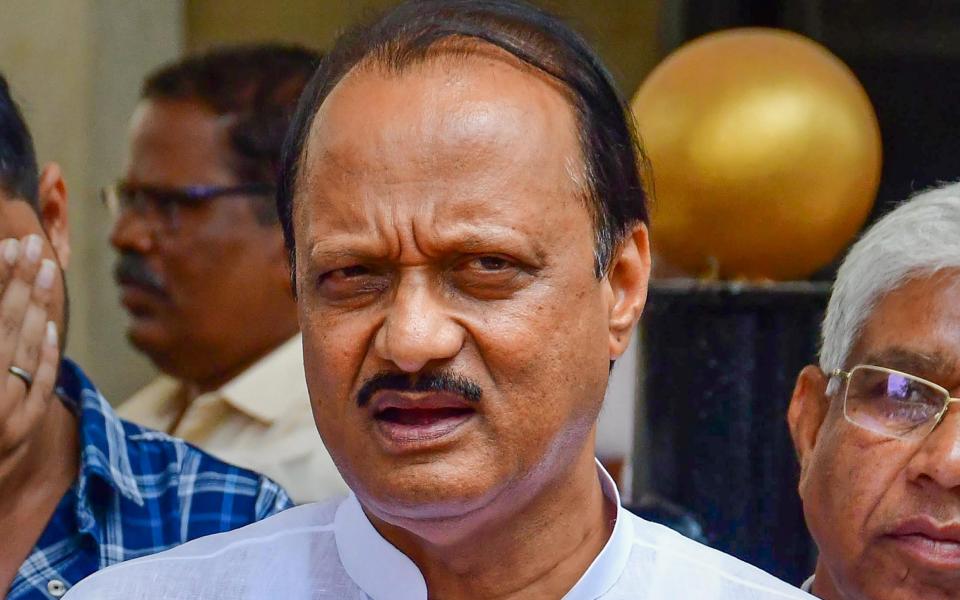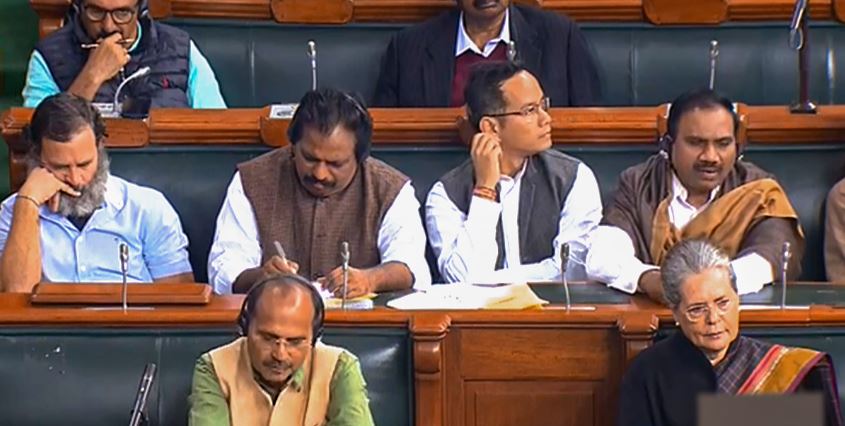New Delhi, May 30: Facebook on Wednesday said it entered into a partnership with National Commission for Women (NCW) to launch a digital literacy programme aimed at training 60,000 women in universities across India on safe use of the Internet, social media and email in a year.
Launched in collaboration with Cyber Peace Foundation, the pilot programme will enable trainees to differentiate between credible and questionable information, Facebook said.
The training will be conducted in vernacular languages.
"With more women going online, NCW has witnessed a surge in cybercrime related complaints registered at the Commission in the past three years. This trend is worrying. We have to ensure that while online, they feel safe and secure on the Internet," Rekha Sharma, acting NCW Chairperson, said in a statement.
"We congratulate Facebook and Cyber Peace Foundation on this commendable initiative. Our girls and women will benefit from these training programmes," Sharma said.
Cyber Peace Foundation is a Ranchi, Jharkhanda-based civil society organisation involved in training related to all aspects of cyber security.
The digital literacy programme will benefit women in universities across major cities in Haryana, Delhi-NCR, Manipur, Sikkim, Meghalaya, Maharashtra, and Tamil Nadu.
"Economies can only grow well with equal participation from women and in today's age, this can largely happen with the free and unhindered presence of women on the Internet," said Ankhi Das, Facebook's Public Policy Director for India, South and Central Asia.
"This naturally calls for the protection of women when they are online in a manner which reassures and enables them to freely express themselves and share their views," Das said.
Let the Truth be known. If you read VB and like VB, please be a VB Supporter and Help us deliver the Truth to one and all.
New Delhi, Aug 13 (PTI): Congress leader Rahul Gandhi on Wednesday said he had a unique experience of having tea with some "dead" voters from Bihar and thanked the Election Commission for it.
A group of seven voters from Bihar met the Leader of Opposition in Lok Sabha at his residence and shared their experience of how they were declared "dead" by the EC and their names removed from the electoral rolls.
"There have been many interesting experiences in life, but I never got the chance to have tea with 'dead people'. For this unique experience, thank you Election Commission!" Gandhi said in a post in Hindi on X.
He also shared a video of his meeting with the "dead" voters. In it, Gandhi is heard telling them to move around and see Delhi as the "dead" cannot even be charged tickets.
In the video, some of them told Gandhi that they came to know that they were "declared dead" by the EC during the special intensive revision (SIR), and were among the 65 lakh voters whose names have been removed from the electoral rolls of poll-bound Bihar.
The group also told Gandhi that they appeared before the Supreme Court on Wednesday to get their voting rights back. The apex court is hearing petitions against the special intensive revision of electoral rolls in Bihar.
In a statement, the party later said that seven voters from Bihar, all very much alive, shared tea with Rahul Gandhi today, even as the Election Commission's SIR list had them as "dead".
Ramikbal Ray, Harendra Ray, Lalmuni Devi, Vachiya Devi, Lalwati Devi, Punam Kumari, and Munna Kumar all belong to Tejashwi Yadav's constituency, Raghopur.
"They have been removed from the electoral rolls despite having completed the requisite paperwork for the SIR.
"The Election Commission has not openly published lists of the people whom it has declared dead, migrated, etc. Our teams on the ground were able to identify these people only because they managed to informally get EC's internal report in two to three polling booths," the Congress said.
These seven represent only a fraction of "unjustly" deleted voters in two to three polling booths in the constituency, it added.
"This is not a clerical error — it is political disenfranchisement in plain sight.
"After 'Vote Chori' was exposed in Bengaluru, it is clear that the Bihar SIR exercise is also compromised. When the living are struck off as dead, the death certificate is issued to democracy itself," the Congress said.





